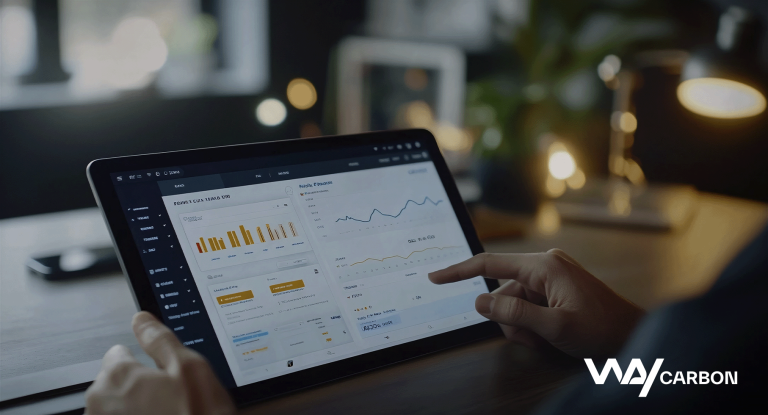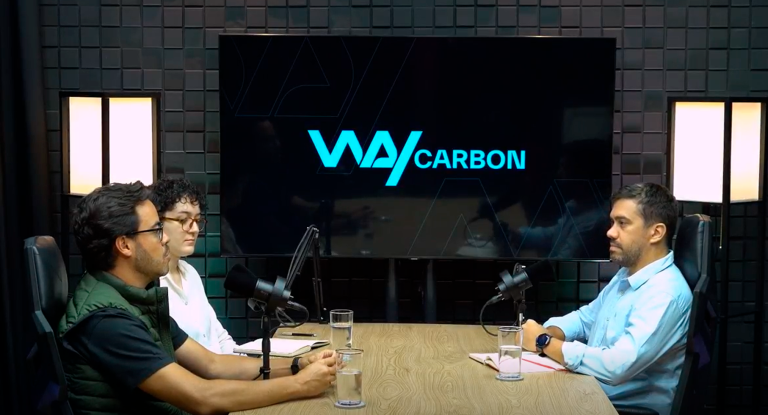Why is interoperability a trend in the sustainability agenda?

The advancement of the sustainability agenda worldwide entails pressure for organizations of different sizes to identify risks and opportunities; integrate ESG aspects into operations; communicate efforts and results; and comply with regulatory guidelines. In this context, the disclosure of ESG information is an essential pillar, but it should not be seen as an end in itself or just a bureaucratic task. In addition to communicating with stakeholders in a transparent manner, companies need to have a serious and robust strategy behind the data.
That said, it is common for companies to be confused about which reporting to follow when disclosing information to the market. There are several options for frameworks, reporting programs, questionnaires and guidelines, such as GRI, SASB, CDP, TCFD, among others. In addition to the difficulty in deciding which reporting method to adopt, in certain situations companies need to disclose information using more than one of them, depending on their country or sector of activity, for example, which can generate more expenditure of time and financial resources. This scenario is also challenging for stakeholders, as it makes it difficult to compare performance between companies on this topic.
As part of this panorama, the term interoperability has started to become more common in corporate discussions. This concept, which implies making certain things work in parallel or coexist in harmony, is trending because companies and regulatory bodies are starting to wonder whether they could comply with or demand a certain reporting program using another. The topic became more discussed after the merger of the SASB (Sustainability Accounting Standards Board) Standards with the Integrated Report in 2021.
Another effort in this direction was made in 2022, when the IFRS Foundation and the Global Reporting Initiative (GRI), which is the most widely used standard globally for publishing sustainability reports, signed a Memorandum of Understanding, in recognition of the importance of ensuring compatibility and interconnection between the standards to benefit report preparers and users around the world. Thus, in 2023, the ISSB (International Sustainability Standards Board) released the official version of the international standards for disclosing sustainability information for the financial market. IFRS S1 contains reporting requirements on risks and opportunities related to sustainability in the short, medium and long term; and IFRS S2 involves specific requirements related to climate.
Another step forward was taken this year during COP29 in Baku, when the Carbon Disclosure Project (CDP) and the European Financial Reporting Advisory Group (EFRAG) announced interoperability between the CDP questionnaire and the European Union Sustainability Reporting Standards (ESRS). The partnership aims to reduce the reporting burden for companies and support organizations in preparing for compliance with the Corporate Sustainability Reporting Directive (CSRD). Details will be published in early 2025.
Finally, there is another relevant factor in this discussion: the publication deadline. IFRS is a highly targeted information for specific topics that are material from a financial perspective, but the sustainability report is generally released in the first half of the year, by May of each year; financial statements are published by March, which can create a certain mismatch between publication needs and deadlines.
By observing all these points, we conclude that, in the current scenario, the organization will still need to understand which information is relevant to which stakeholder, the best way to publish it and/or which standard to follow, but the most important thing is to make the choice and be transparent with the information provided. And, as part of this path, interoperability has the potential to seek convergence and put companies, regulatory bodies, investors and customers on the same page.

 EN
EN  ES
ES PT
PT





